The Wild Word
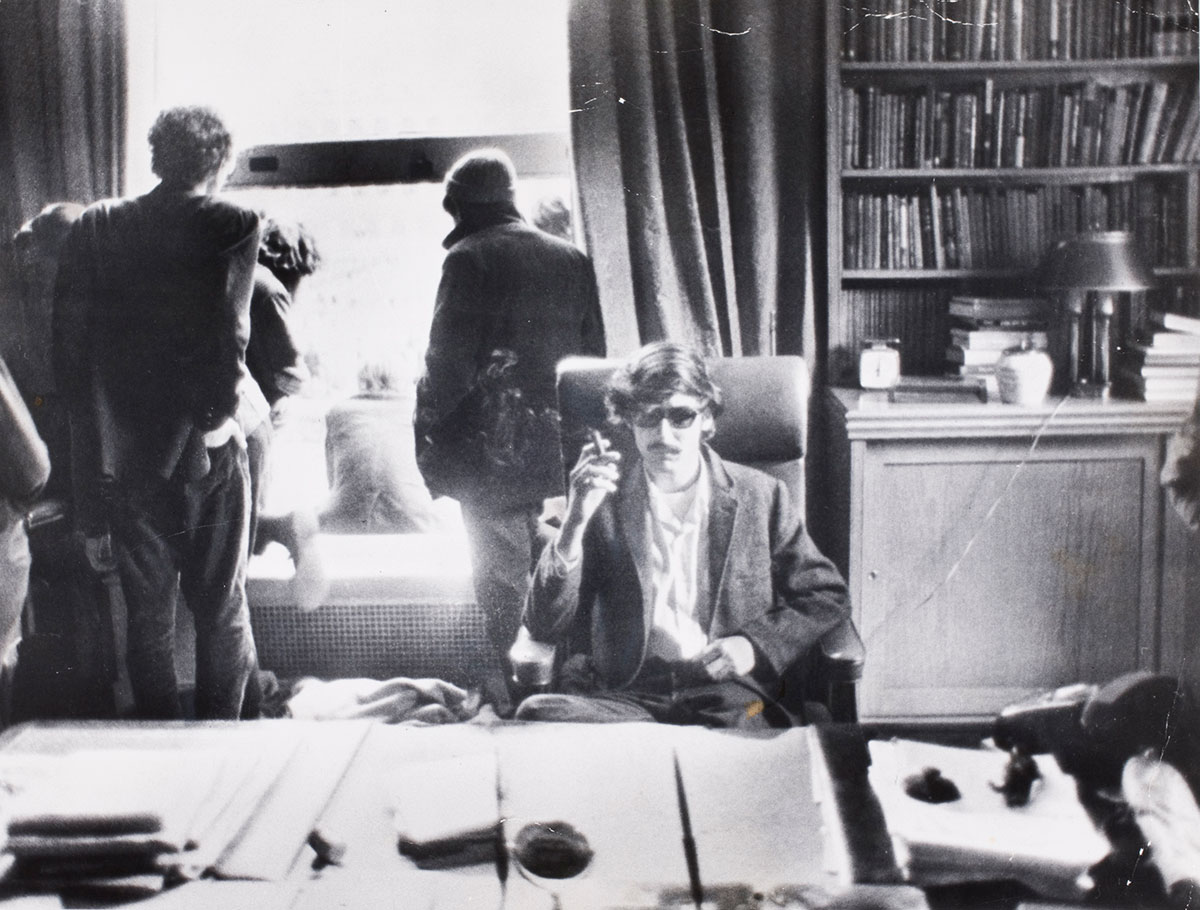
By Kusi Okamura
When I was a teenager I was in love with the notion of revolution. Like most teenagers, my whole inner world was one of rebellion. I can imagine this wasn’t easy for my mother, but in fairness I had been brought up on a diet of protest and revolution. I was the kid that proudly covered my coat with Campaign for Nuclear Disarmament badges. I could quote Britain’s and America’s yearly expenditure on nuclear weapons. I was a child of parents who liked to buck the system. My mother was a supporter of the anti-war movement. My father was a war photojournalist and human rights activist.
When I got into college I was excited. College brought to mind late-night discussions over absinthe and cigarettes. The freedom to explore the many ideas and thoughts in my head. It would be all poetry and politics, mixed with hard partying. It was actually a photograph that was to blame for these dreams. I had found an image from the student protests of America of 1968. It is the iconic photo of student activist David Shapiro during the occupation of the Columbia University. In it he sits, a young man with an ostentatious moustache, wearing sunglasses and sitting relaxing in a big chair smoking a cigar. Beside him other students lean out the window looking into the big, bad world.
This image excited me. How beautiful they all looked in their bravery! I remember laughing out loud. Looking back there’s no wonder that a teenager would love this whole scenario. But I remember that it also filled me with hope. For me it is not just the act of rebellion, but the fact that one could feel something so deeply as to be moved to act upon it. In however small, or big a way.
Unfortunately, back in the real world, my university turned out to be a place where students were supposed to follow coloured lines on the floor to their designated building. Doors marked ‘Entrance’ were for going into, doors marked ‘Exit’ were only for coming out of. We were like bloody rats in a crazy human experiment. In fact, the very architecture of the university was planned to dissuade any form of student revolt. And so then, my small acts of rebellion consisted of late library returns and occasionally pushing through people going in the out door.
* * * *
I’ve started watching a television show recently called The Walking Dead. It’s about a man who wakes from a coma to find the world has been taken over by zombies. The story is about him and his family as they battle to survive a kind of post-apocolyptic wasteland. And though I’m not a fan of the genre, it’s a compelling watch.
It has all the elements of a good horror. Suspense and thrilling moments where you jump out of your skin and hide behind a cushion (or maybe that’s just me). But watching it, it struck me what a good reflection of our emotional landscape it is.
People all over the world are now stuck in the same dilemma. Working in soul-destroying jobs for inadequate wages. Not being able to pay the rent. Not having enough money to look after our kids, our families. A true-life horror story where we are working and worrying about never having enough, and then drinking, eating too much, doing drugs, spending hours online, numbing out and becoming addicts to one thing or another until we are a shell. A zombie.
And not to forget the fear and desperation that goes with all this too. The fear of not being able to provide can eat at you like a terrible sickness. When don’t have enough it becomes a desperation around one’s family, especially if you have people depending on you, like children. And when you have so little, you protect your small corner of the earth with what you have. And beware anything that threatens that. You can see this in America when Republican supporters combat Democrat supporters. Each feels that the other side is a terrible threat not just in a general idealistic way, but a threat to themselves and their families.
* * * *
Ní uasal aon uasal ach sinne bheith íseal: Éirímis.
The great appear great because we are on our knees: Let us rise
James Larkin
Regardless of whether a Trump, Cruz, Clinton or Sanders supporter, the dilemma is the same. People are tired. And not just in America, but in Ireland, Greece, UK and Germany. People want change. And they are slowly rising up and speaking. Everywhere.
Because though it is normal to put one’s hope in one person, whether it be a billionaire businessman or a hippie activist, I don’t think herein lies the answer. For me the hope lies in people voicing their frustrations, their deeply-felt emotions about their lives. What a beautiful, wondrous freedom that is!
In part that is why The Wild Word came into being in the first place. I remember looking around and realising that I was surrounded by passionate, articulate people who had something to say. People, who weren’t just artist or writers, but also ordinary people who felt strongly about an issue, who were engaging deeply with the world, with politics.
That’s why the theme of REVOLUTION, the voices within this issue and what these people are bravely and boldly expressing embodies, for me, the spirit of the magazine. I’m living that teenage dream of discussing big ideas, big feelings and putting them out there for all the world to see.
Kusi Okamura, Editor
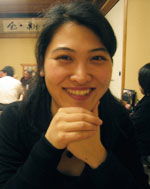
Kusi Okamura is the founder and editor of The Wild Word magazine. She lives with her family in Berlin.

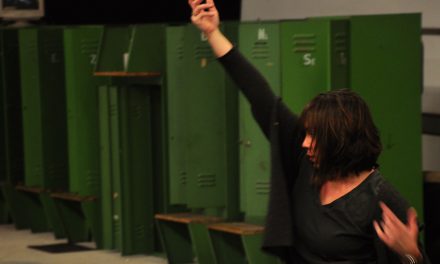
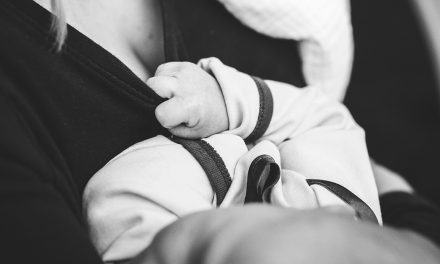
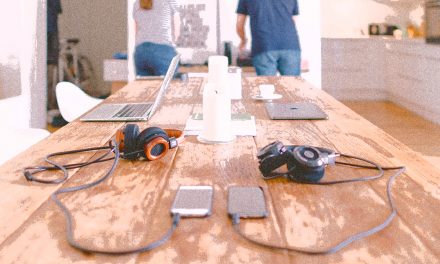
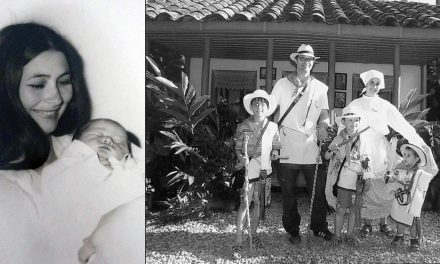























Don’t be distracted by the 404s! File not found. Regards Kieran